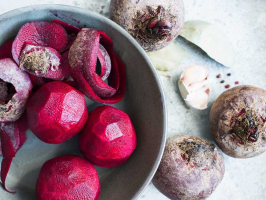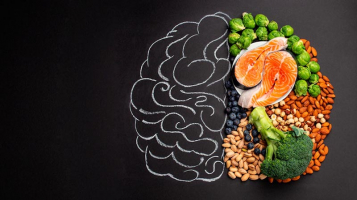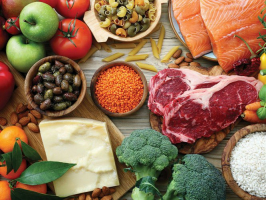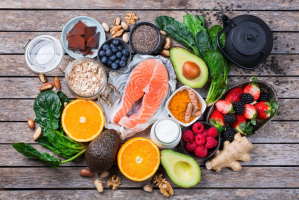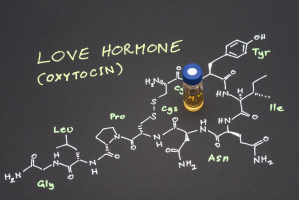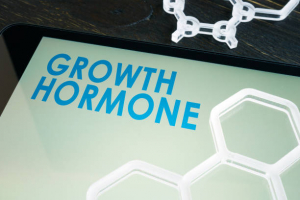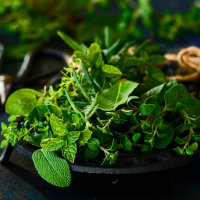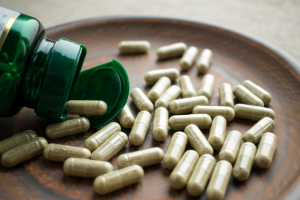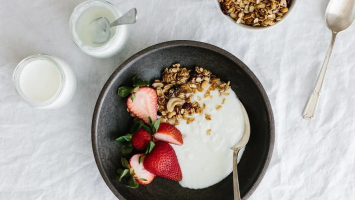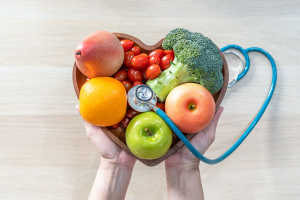Top 15 Fertility Foods to Boost Fertility Chances
Your health is greatly influenced by what you eat. Your ability to become pregnant and the health of your eggs and sperm are both affected by what you eat. ... read more...Eating specific foods enhances our fertility and raises the possibility of getting pregnant. This article gives you a list of foods that can increase your fertility, bring your desire of having a kid closer to reality, and help you achieve it.
-
Vitamin E, an important nutrient, has been proven to increase sperm count and sperm motility in certain people. Roasted, unsalted sunflower seed kernels are high in vitamin E.
Sunflower seeds are also a great source of selenium and folate, both of which are essential for both male and female fertility. Omega-3 fatty acids are present in tiny levels in sunflower seeds, which are also an excellent source of omega-6 fatty acids. You may easily add sunflower seeds to your favorite recipes as well as enjoy them as a tasty snack. Try adding sunflower seeds to your salad, adding them to trail mix, or switching out peanut butter for sunflower seed butter. In order to increase the flavor and nutrients of a smoothie, you can also add a few tablespoons of sunflower seed butter or stir it into yogurt.
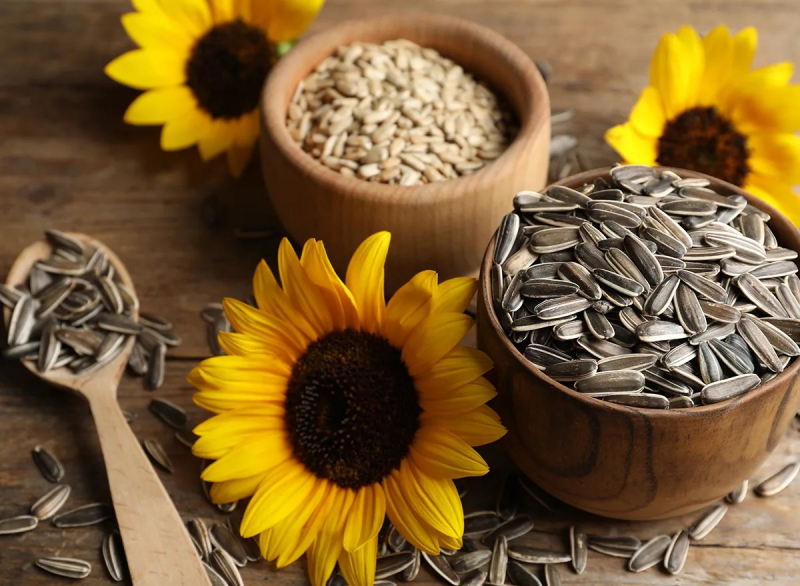
Sunflower Seeds 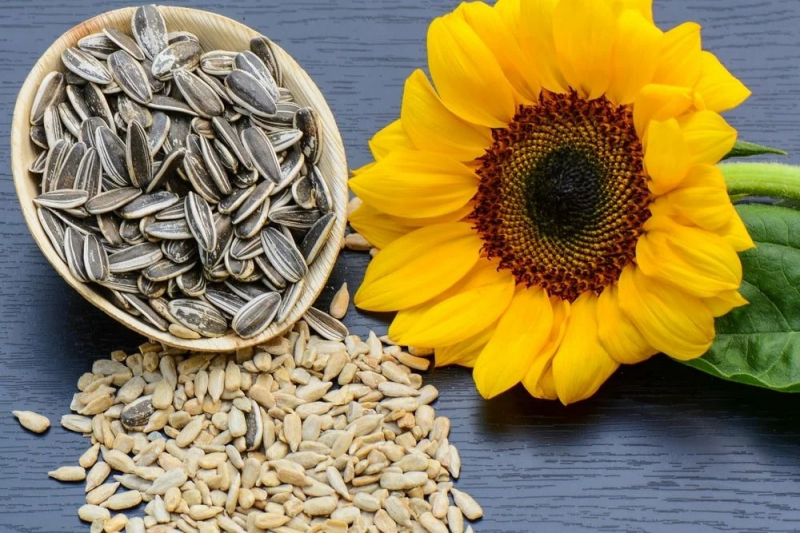
Sunflower Seeds -
Oranges and grapefruits are among the best sources of vitamin C among citrus fruits. They are also packed with potassium, calcium and folate—a B vitamin that can help you get pregnant by regulating ovulation and creating a healthy environment for eggs.
Orange slices can be enjoyed alone or citrus juice can be added to smoothies. Fresh salads taste great when grapefruit is added in sliced form. In addition to another serving of fruits, you should aim to consume at least one serving of citrus fruit each day (such as a medium-sized grapefruit, a big orange, three clementines, or one kiwi). But you should be cautious that some drugs and grapefruit juice can interact in extremely risky ways. Consult your doctor about the safety of grapefruit juice if you are on any type of medication.
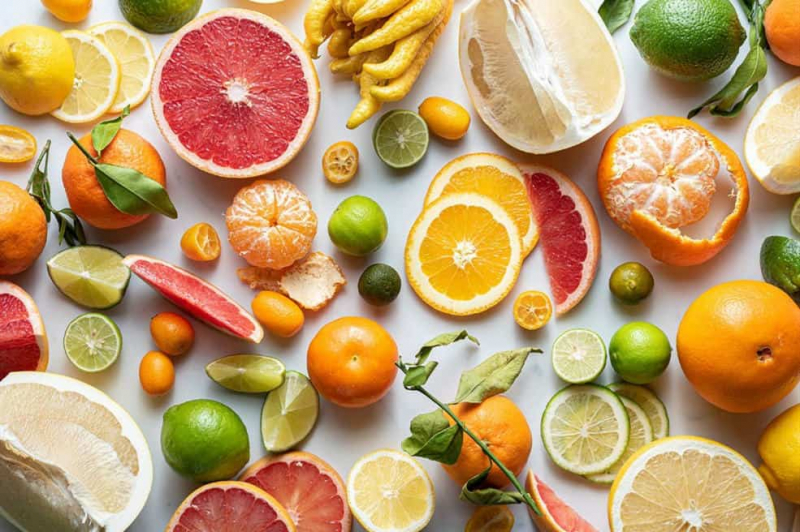
Citrus Fruits 
Citrus Fruits -
The health of sperm may be enhanced by mature cheeses such as aged cheddar, parmesan, and manchego. Polyamine concentrations in mature cheeses are high. In both plant and animal products, polyamines are proteins. They also exist naturally in people.
According to research, polyamines may be crucial to the reproductive system. Putrescine is a polyamine that is particularly abundant in mature cheese and may be important for sperm health. Putrescine (the same putrescine that is found in grapefruit) may also benefit egg health, particularly in women over 35. For a snack in the afternoon, combine some cheese with some nuts or fruit. You can sprinkle cheese over almost everything. When including cheese in your diet, just be aware of portion sizes because even a tiny serving has a lot of calories and saturated fat, enjoy it in moderation.
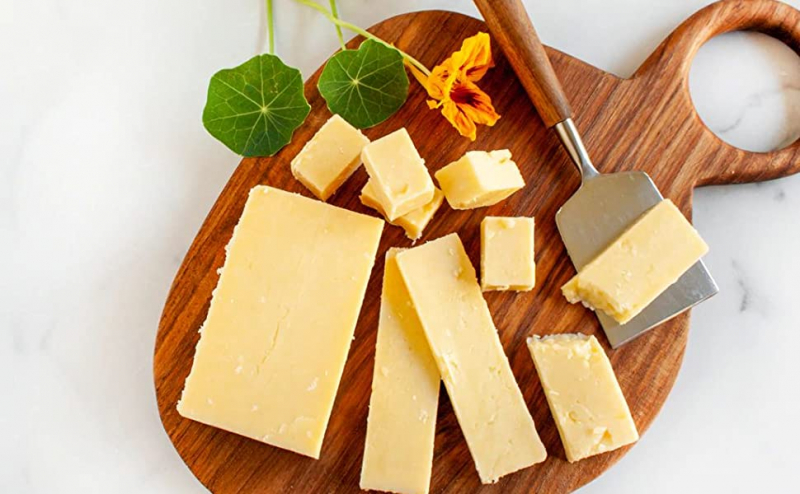
Mature Cheeses 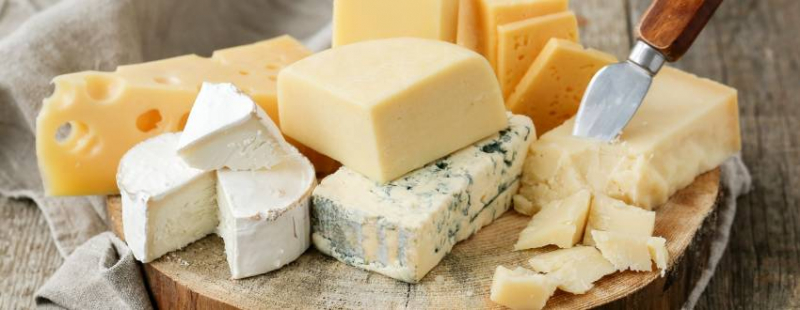
Mature Cheeses -
If you can take it, pastured dairy is a great option for fertility and pregnancy. Saturated fat, which is high in dairy and is especially beneficial for fertility. The fat-soluble vitamins, such as vitamins A, E, D, K, and K2, are also high in it.
According to one Harvard research, women who consume full-fat dairy products are less likely to have ovulation problems than those who consume mostly low-fat dairy products. Sherbet, yogurt, cottage cheese, and skim or low-fat milk were all considered low-fat dairy products in this study. Whole milk, ice cream, cream cheese, and other cheeses were all full-fat products. If you currently drink dairy products, switching to whole-fat alternatives, such as whole milk for skim, and full-fat yogurt for low-fat is the simplest way to boost your intake of full-fat dairy.
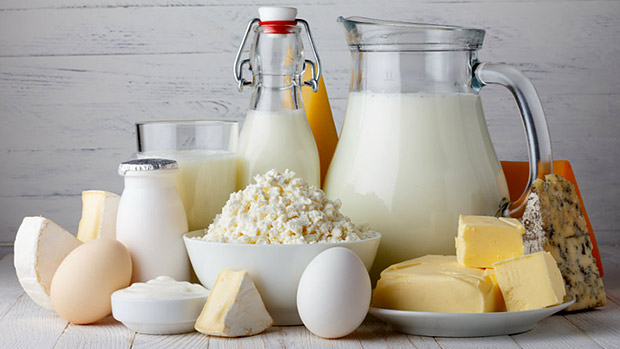
Full-Fat Dairy 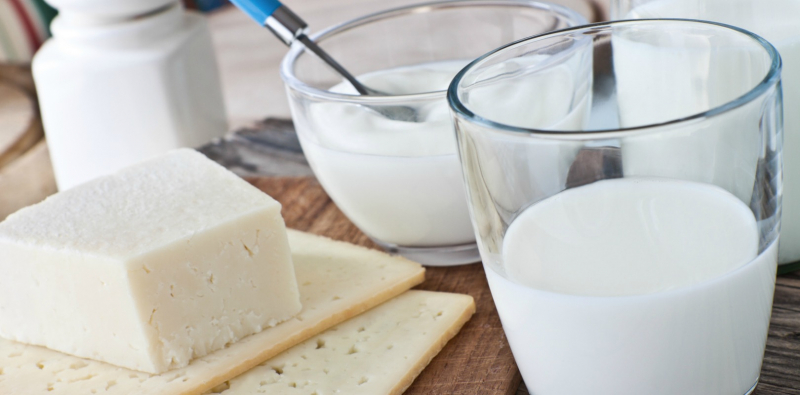
Full-Fat Dairy -
One of the most nutrient-dense foods on the earth is liver, particularly cow's liver. It is packed with fat-soluble vitamins, such as vitamin A, which is difficult to get in other parts of the diet.
In addition to being the greatest natural source of vitamin A, liver is also a rich supply of highly absorbable iron, which helps avoid miscarriage and maternal anemia, and vitamin B12, which is necessary for the proper synthesis of DNA and red blood cells. Choline, omega-3 fatty acids, and folate are also high in liver. Although you can stick to tradition and make a simple liver and onion dish, if you're not familiar with liver, you might want to try adding it to other meat-based dishes like meatloaf, shepherd's pie, or even meatballs.

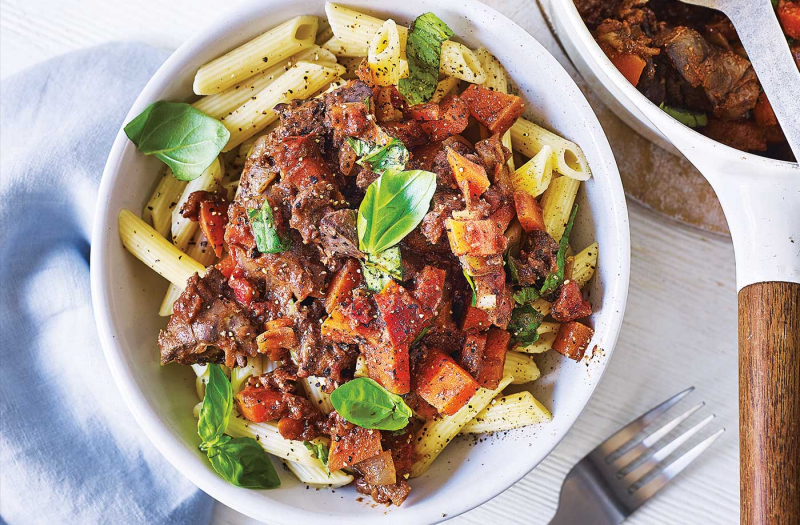
-
Lycopene, a vitamin that is highly concentrated in tomatoes and is a potent antioxidant, can improve your fertility. Lycopene's possible contribution to increasing male fertility has been well researched.
Even the possibility of using lycopene supplements to treat male infertility has been studied. According to one study, supplementing with 4 to 8 mg of lycopene a day for 8 to 12 months enhanced the health of semen and raised pregnancy rates. While lycopene is present in both raw and cooked tomatoes, it is approximately two times more abundant in cooked tomatoes per cup. Therefore, wherever possible, choose recipes that call for cooked tomatoes, such as tomato-based soups and stews, tomato sauces, or even just roasted tomatoes.
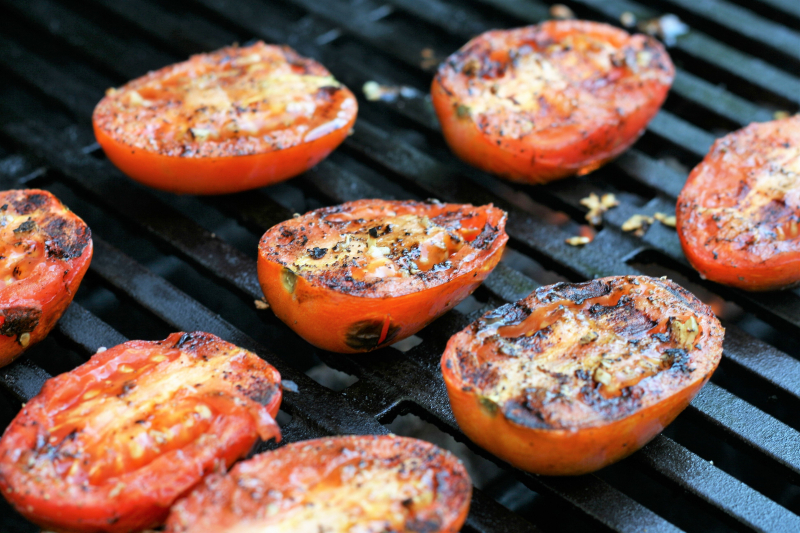
Cooked Tomatoes 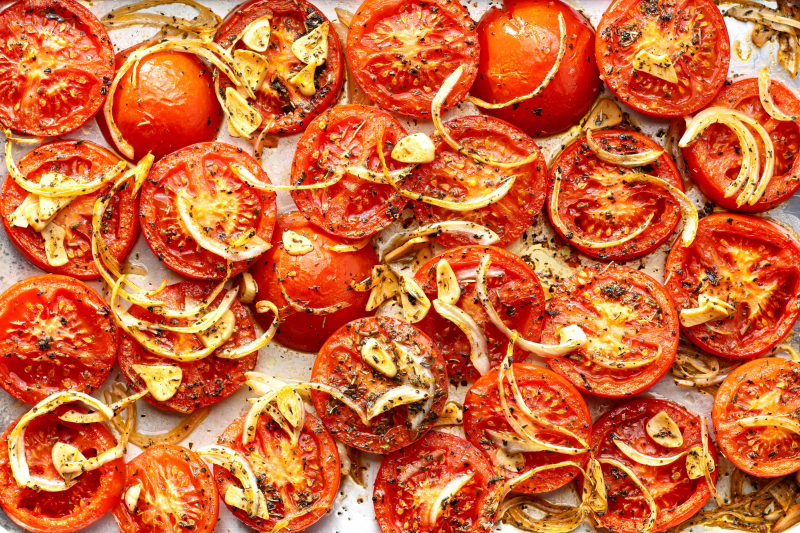
Cooked Tomatoes -
The nutrients fiber and folate, both of which are essential for preserving a healthy hormonal balance, are abundant in beans and lentils. Additionally, the polyamine spermidine, which may help sperm in fertilizing the egg, is high in lentils.
In addition to being rich in protein, lentils and beans can help in healthy ovulation. According to studies, the risk of infertility caused by anovulation decreases by more than 50% when 5% of the calories consumed originate from vegetable protein rather than animal protein, particularly chicken and red meats. Think about substituting one or two meat meals with dishes made with lentils or beans. As an alternative to cheese or meat, you may try adding some beans to your salad.
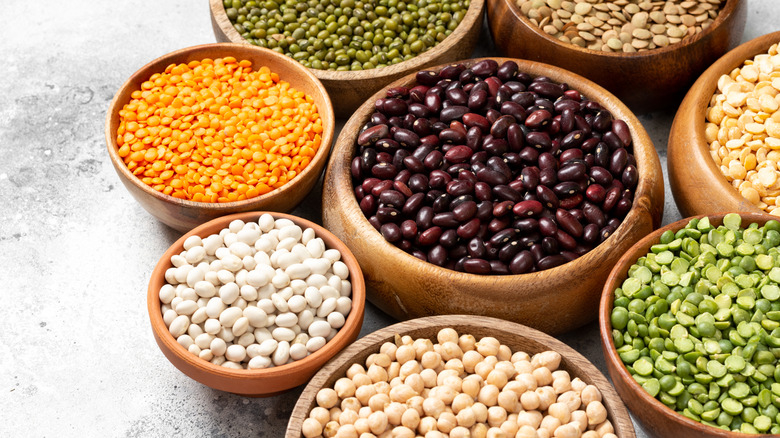
Beans and Lentils 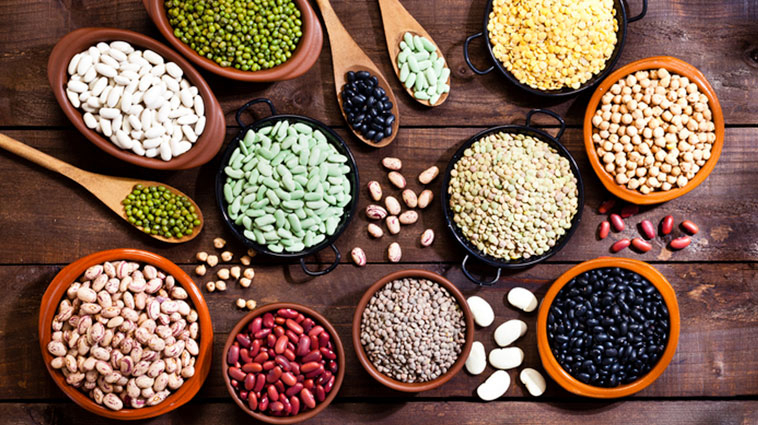
Beans and Lentils -
A superfood that is rich in nutrients is asparagus. It has few calories, makes you feel full, and boosts your intake of essential nutrients for fertility. You may obtain your whole recommended daily intake of vitamin K, 60% of the recommended daily intake of folate, and more than 20% of other essential nutrients including vitamin A, vitamin C, and the B vitamin thiamin in 1 cup of food.
Choose frozen or fresh asparagus whenever you can. Enjoy it as a vegetable side dish (it tastes great roasted or grilled) or add it to dishes like stir-fries or frittatas. Although convenient, asparagus in cans frequently contains extra sodium. If you choose a canned or jarred product, look for ones with reduced sodium content and wash the asparagus under running water before using.
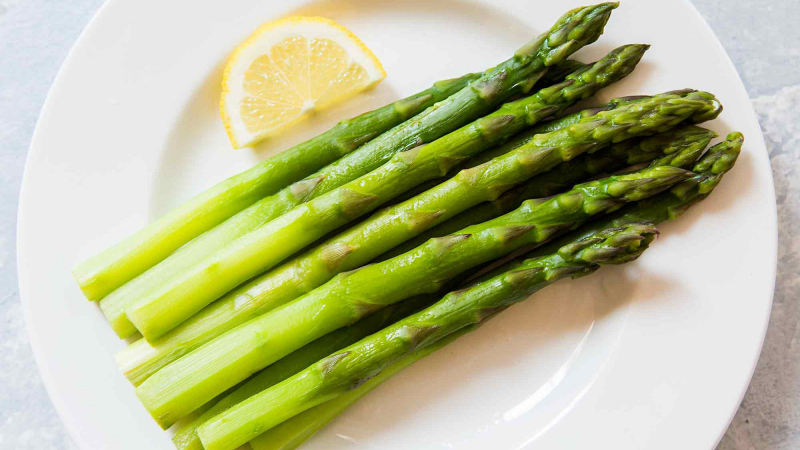
Asparagus 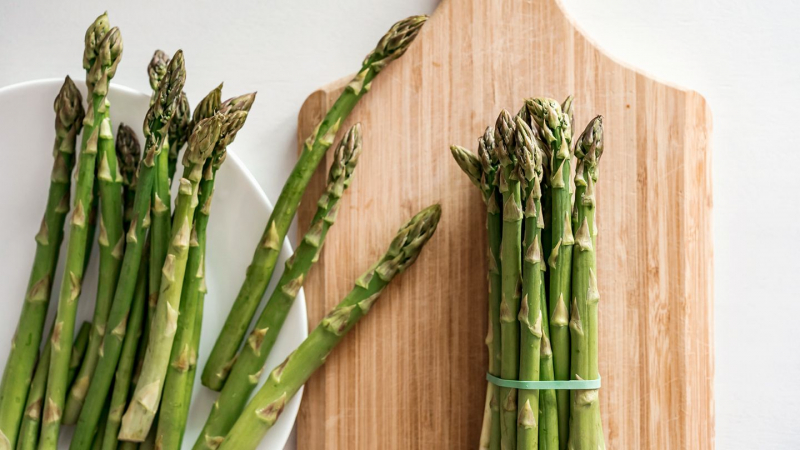
Asparagus -
Almost every list of foods for fertility includes oysters. There's some scientific proof that eating oysters can boost fertility. Oysters are packed with zinc, which plays a role in semen and testosterone production in men and ovulation and fertility in women.
Six raw oysters provide only 139 calories per serving, but all these vitamins and minerals are important for reproduction:
- 408% of your daily recommended vitamin B12
- 188% of your daily recommended zinc
- 187% of your daily recommended selenium
- 43% of your daily recommended iron
Oyster preparation intimidates a lot of people, but it's not a problem. This dish may be made and served at home. Although cooking them makes them more appetizing, raw is the healthiest alternative.
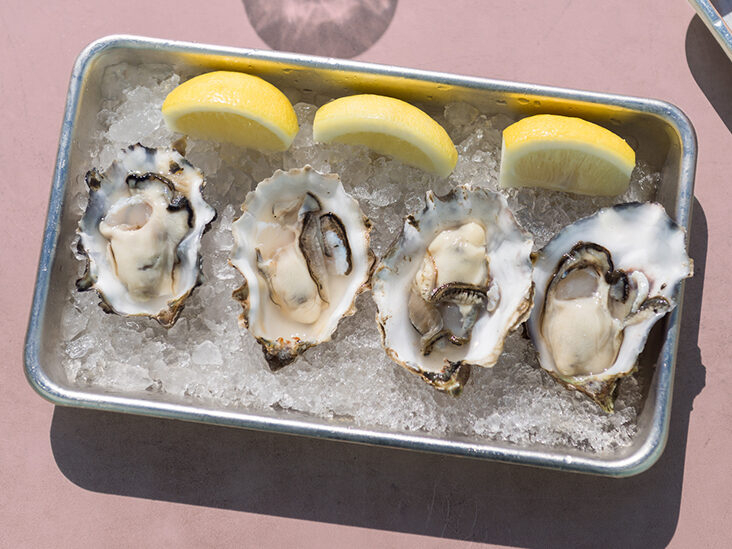
Oysters 
Oysters -
Due to their large number of seeds, pomegranates have long been linked to birth and fertility. Including this fruit in your diet may increase your fertility if you're trying to get pregnant. Pomegranate consumption has been shown to enhance uterine blood flow and thicken the uterine lining, both of which lower the chance of miscarriage.
According to scientists, pomegranates are a rich source of antioxidants, which may enhance the quality of sperm. In a 2014 research, 70 adult men who lacked healthy enough sperm to donate to a sperm bank took tablets with pomegranate fruit extract and galanga root powder. Sperm motility increased by 62% after three months of treatment.
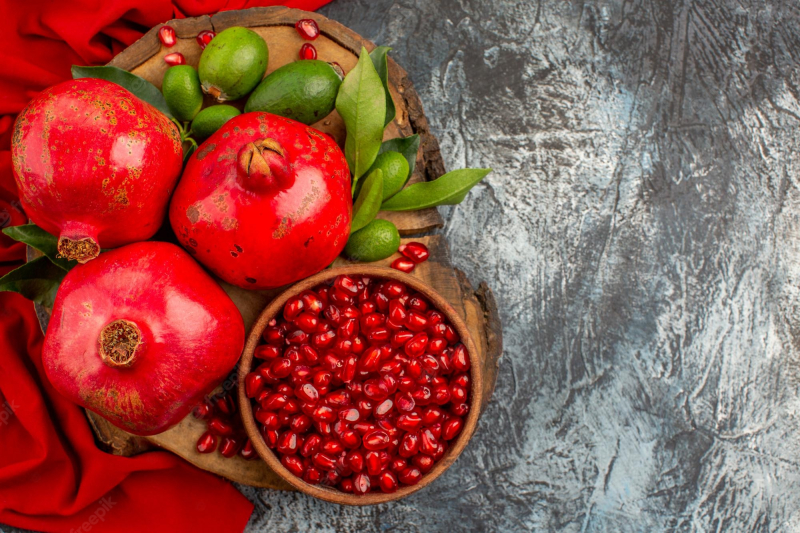
Pomegranate 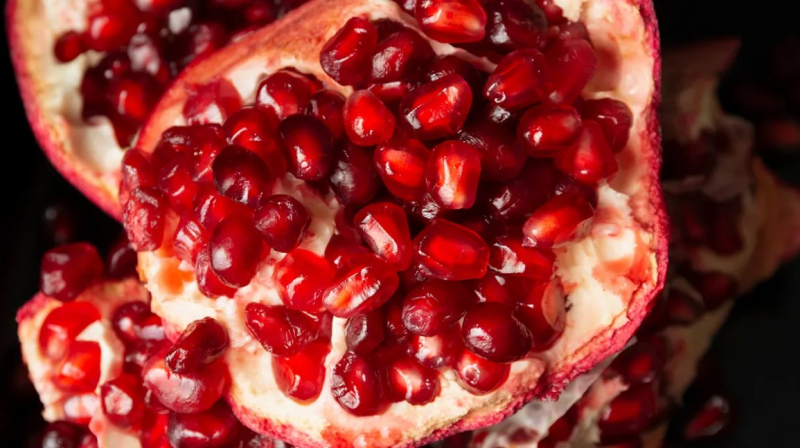
Pomegranate -
Both omega-3 and omega-6 fatty acids are abundant in walnuts. This was one of the factors that prompted researchers to wonder if they would boost fertility.
In a small research, 117 men were divided into two groups, one of which would avoid from consuming tree nuts and the other of which would consume 75 grams of walnuts daily. The men gave a semen sample before the trial started and again twelve weeks later. The sperm vitality, movement, and shape improved in the walnut-eating group after 12 weeks. After eating the walnuts, they also saw a decrease in chromosomal abnormalities in their sperm samples. There were no changes in the control group.
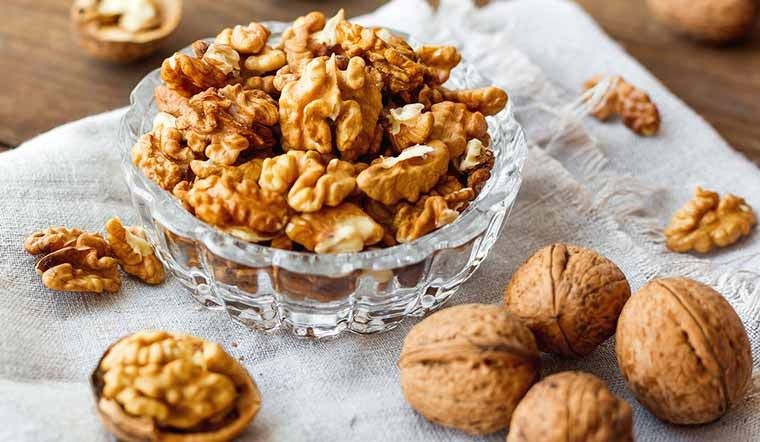
Walnuts 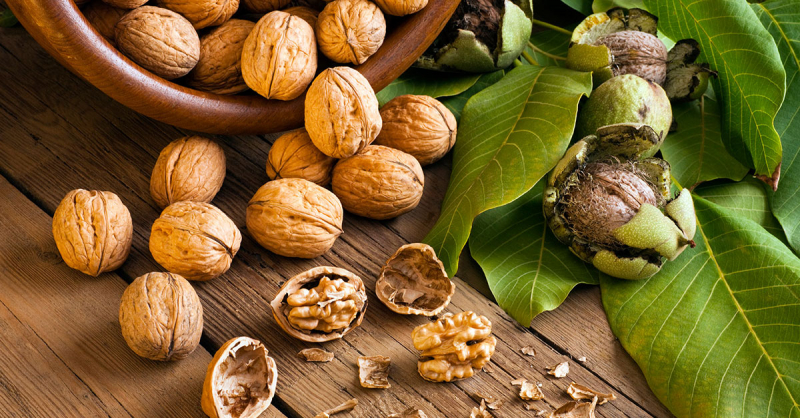
Walnuts -
Because of worries about dietary cholesterol in the past, egg yolks got a poor name in the past. The yolk has lately gained popularity among nutritionists due to its high nutritional density and the harmonic ratio of healthy protein and fat.
The majority of the iron, calcium, zinc, vitamin B6, folate, and vitamin B12 in an egg comes from the yolk. They also include all of the vitamin A found in eggs. Omega-3 fatty acids EPA and DHA, which promote fertility, as well as the fat-soluble vitamins A, D, E, and K2 are also abundant in egg yolks from chickens fed on pasture. Eggs are a cheap source of lean protein, which has been shown to be beneficial for both men's and women's fertility. This makes them a healthy food choice. Choline, which is also found in eggs, may lower the risk of some birth defects.
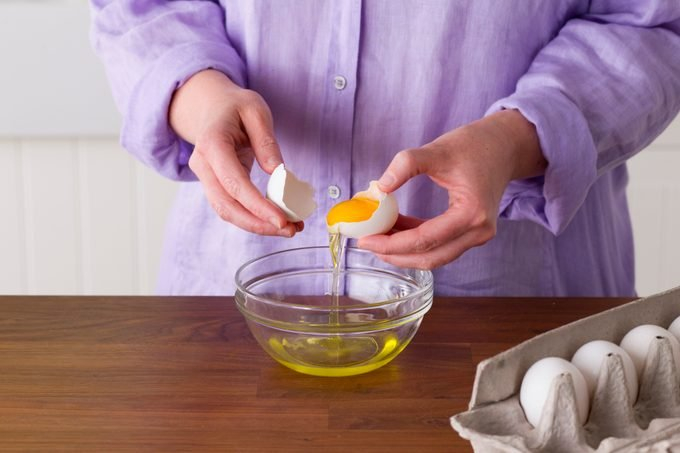
Egg Yolks 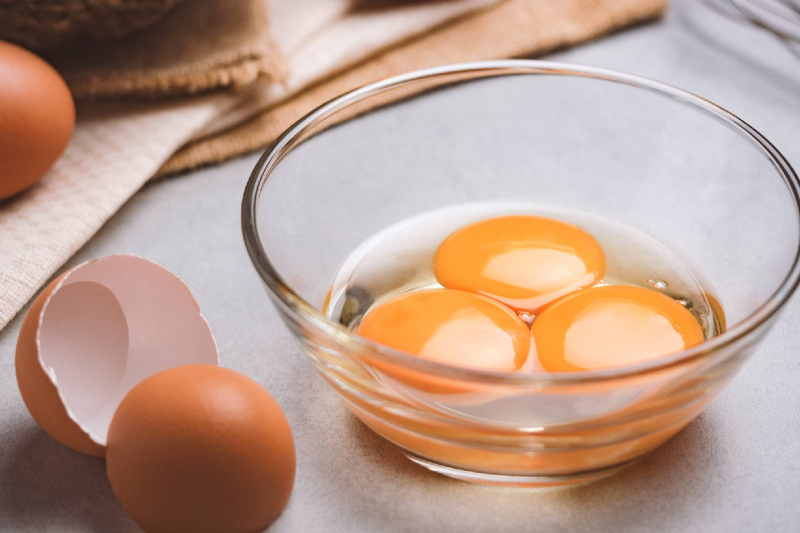
Egg Yolks -
The idea that eating pineapple core for five days after ovulation or embryo transfer (during IVF) may help in implantation is widespread. There is not enough scientific evidence to support this approach.
Having said that, there are still some benefits to eating pineapple when trying to conceive. Pineapple is a great source of vitamin C, for example. You will receive 46% of the daily recommended amount in 1 cup. Polycystic ovarian syndrome (PCOS) has been linked to low vitamin C levels. Additionally, bromelain, a naturally occurring enzyme with anti-inflammatory and anticoagulation (blood-thinning) properties, is found in pineapples. Your fertility may be hindered by inflammatory foods, and chronic inflammation may even push the body to suppress ovulation.
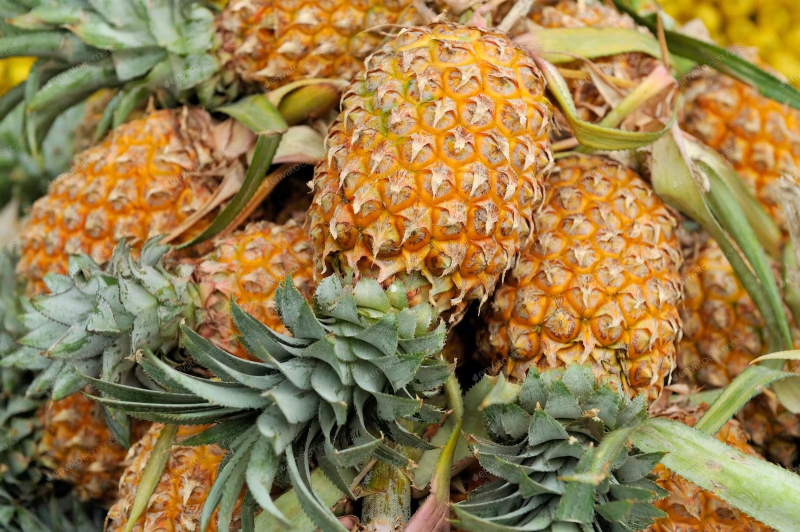
Pineapple 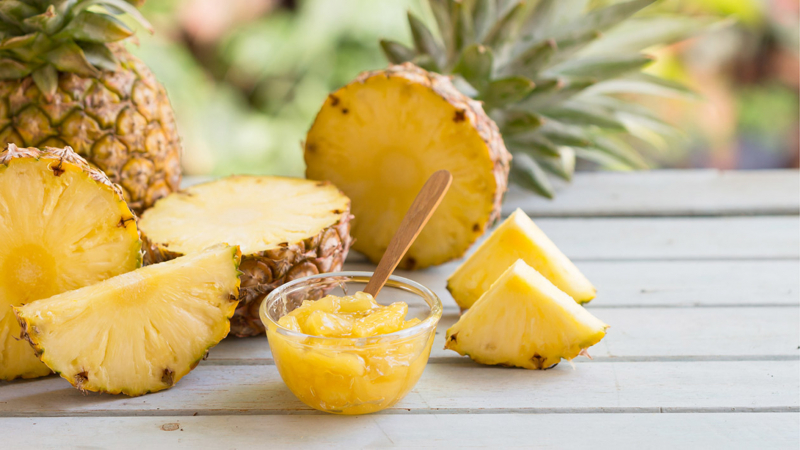
Pineapple -
Whether or not it is a list of superfoods focusing on fertility, salmon always ranks. Essential fatty acids and omega-3 fatty acids, which have been linked to improved male and female fertility, are abundant in salmon.
Selenium and vitamin D are both abundant in salmon. Nutrient D deficiency is thought to be linked to both male and female infertility, while selenium is a vitamin that is crucial for healthy sperm. Surprisingly, one of the best sources of the daily necessary amount of vitamin D is salmon. The daily recommended amount of vitamin D is 97% of what you can get from only 3 ounces of smoked salmon. When attempting to conceive or when pregnant, you need to be cautious about the amount of mercury in fish. To prevent mercury poisoning, spend your money on wild-caught salmon rather than farm-raised.
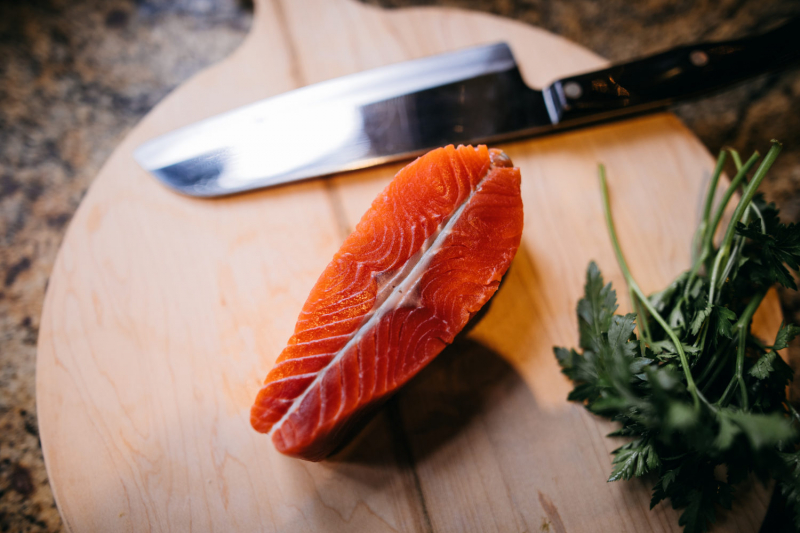
Wild-Caught Salmon 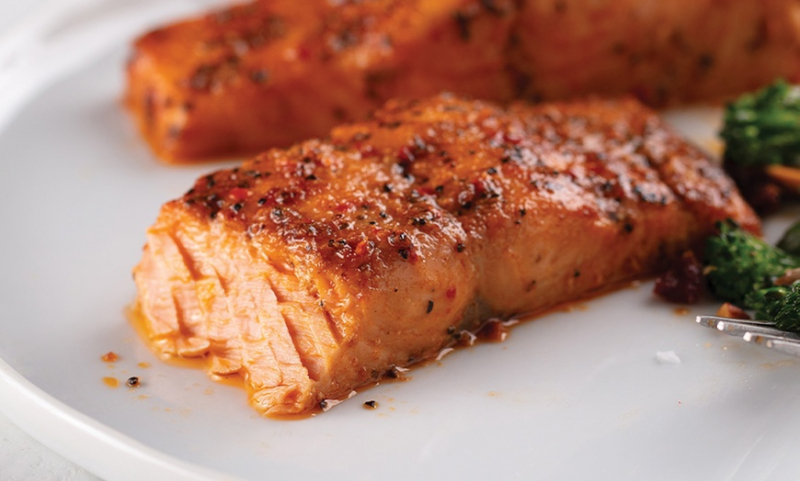
Wild-Caught Salmon -
Women with polycystic ovary syndrome (PCOS), a common cause of female infertility, may find that taking cinnamon supplements will help adjust their irregular menstrual cycles.
Women with PCOS who took a daily cinnamon supplement reported nearly twice as many menstrual periods as those who received a placebo, according to a small but promising study. Additionally, as you are known, more regularly occurring ovulation results in a higher chance become pregnant. Add cinnamon to your morning oatmeal, yogurt, tea or coffee, or simply sprinkle it on top. Additionally, the spice is available as a supplement; however, before taking a new supplement, consulting your doctor is a safe way.
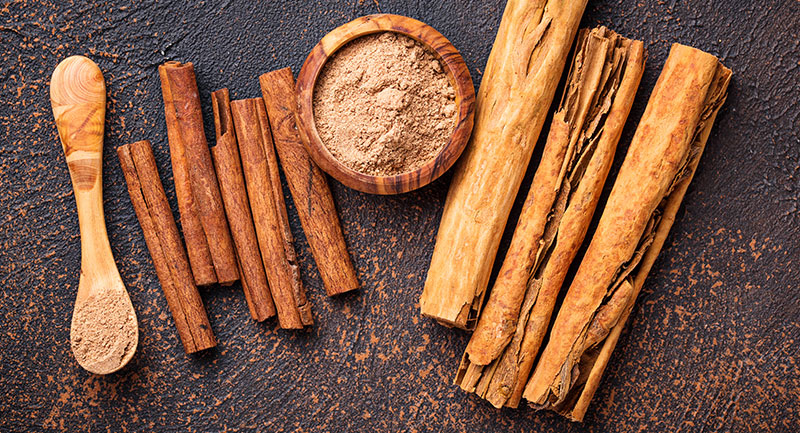
Wild-Caught Salmon 
Wild-Caught Salmon


















